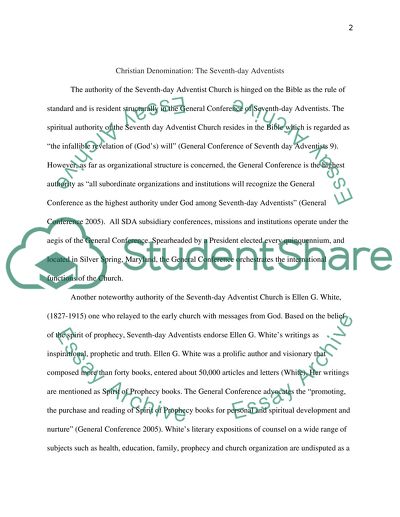Cite this document
(“Religion and Theology - Christian Denomination Essay”, n.d.)
Religion and Theology - Christian Denomination Essay. Retrieved from https://studentshare.org/religion-and-theology/1449541-christian-denomination
Religion and Theology - Christian Denomination Essay. Retrieved from https://studentshare.org/religion-and-theology/1449541-christian-denomination
(Religion and Theology - Christian Denomination Essay)
Religion and Theology - Christian Denomination Essay. https://studentshare.org/religion-and-theology/1449541-christian-denomination.
Religion and Theology - Christian Denomination Essay. https://studentshare.org/religion-and-theology/1449541-christian-denomination.
“Religion and Theology - Christian Denomination Essay”, n.d. https://studentshare.org/religion-and-theology/1449541-christian-denomination.


